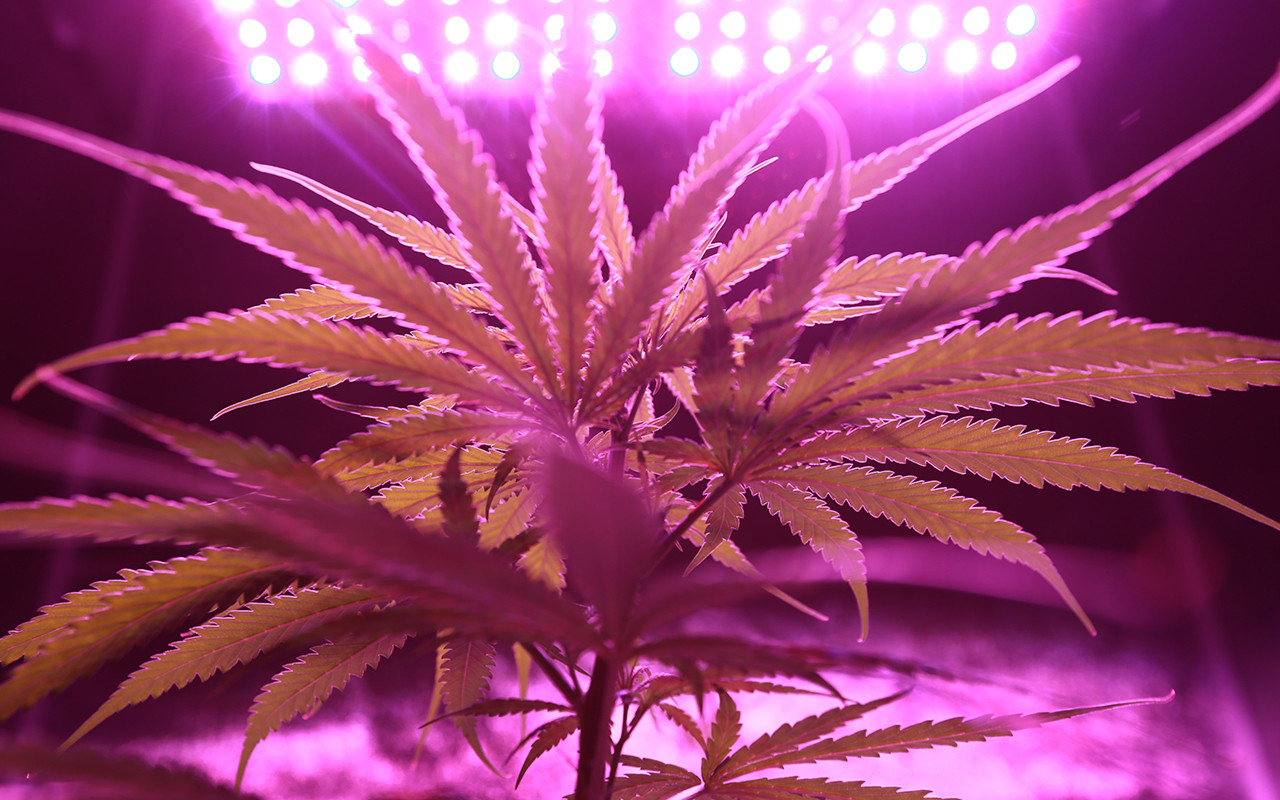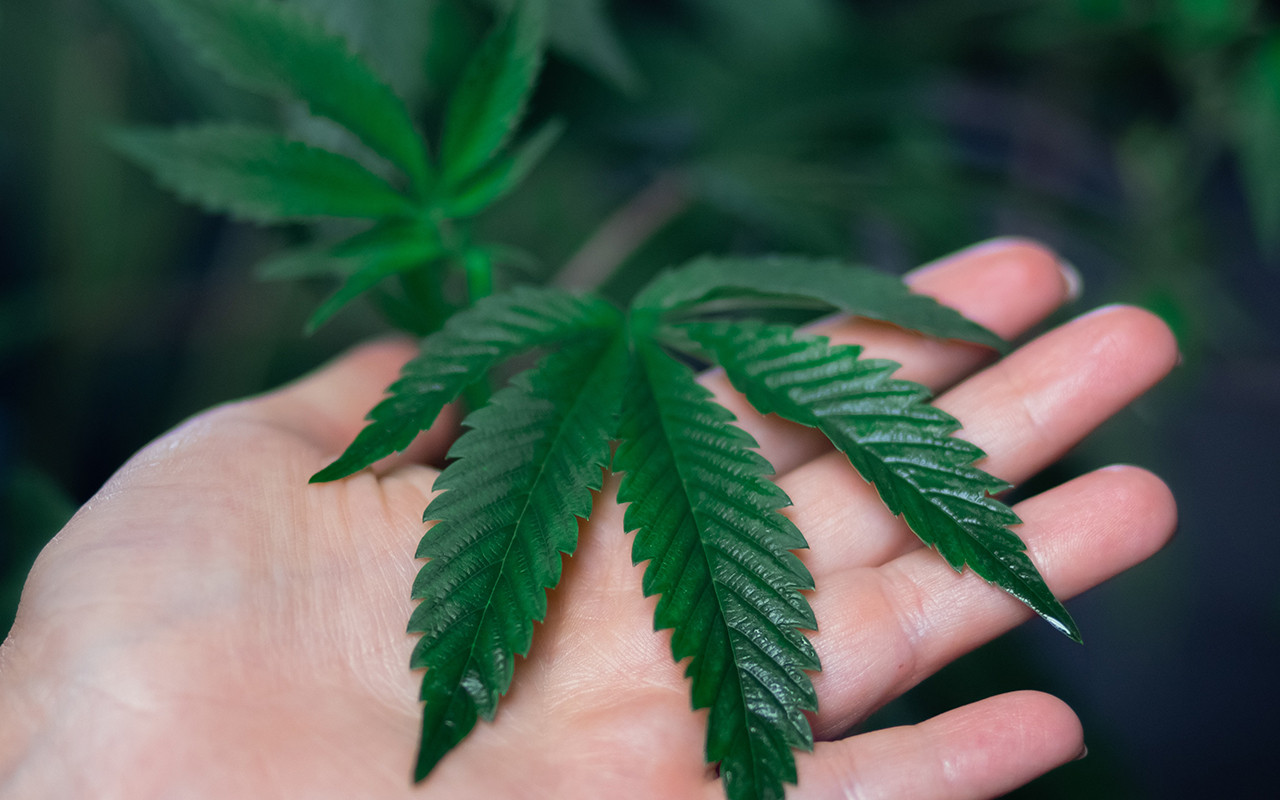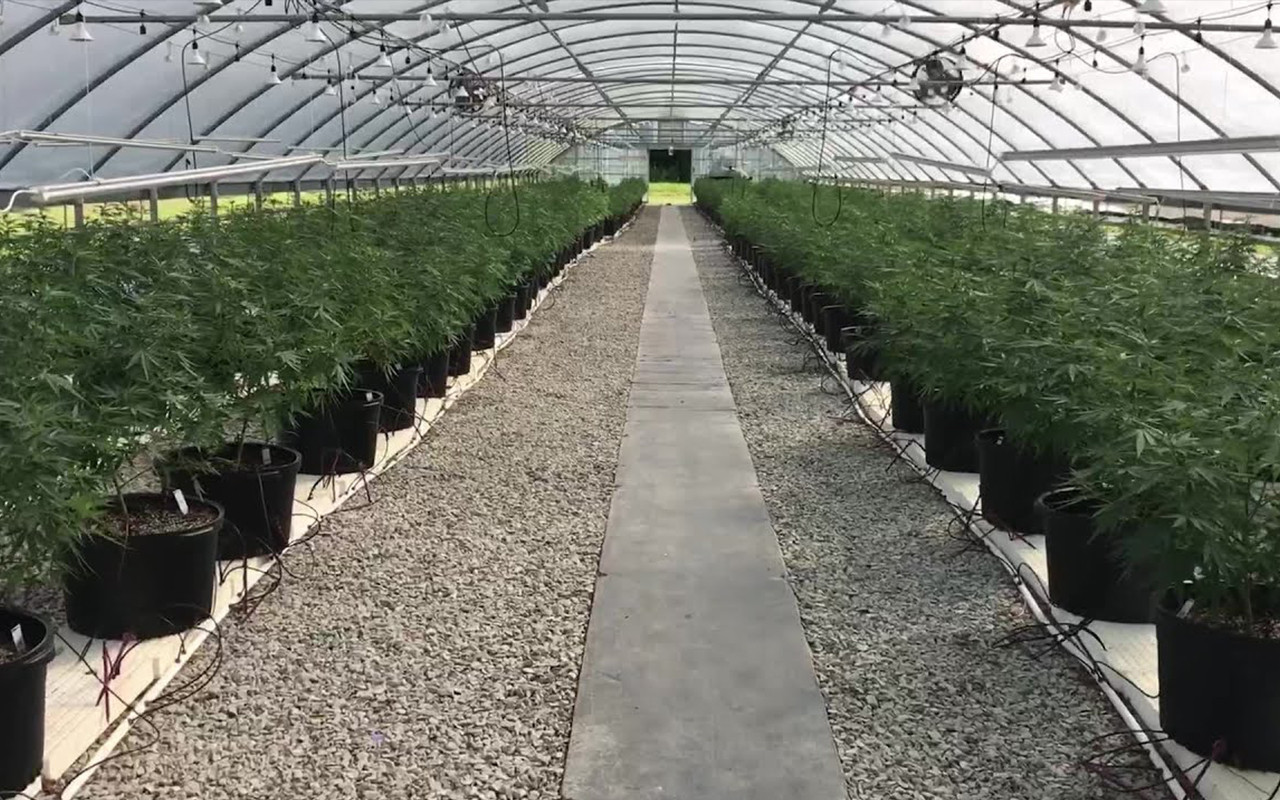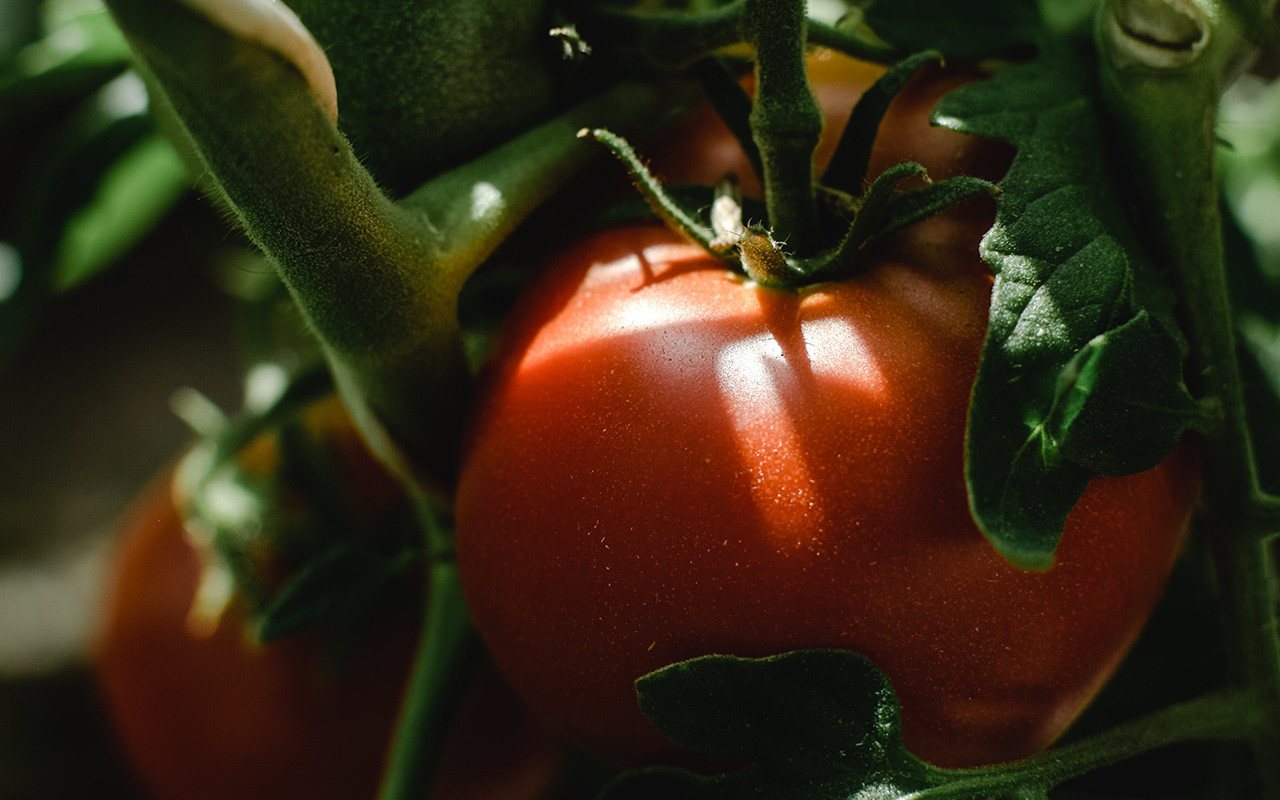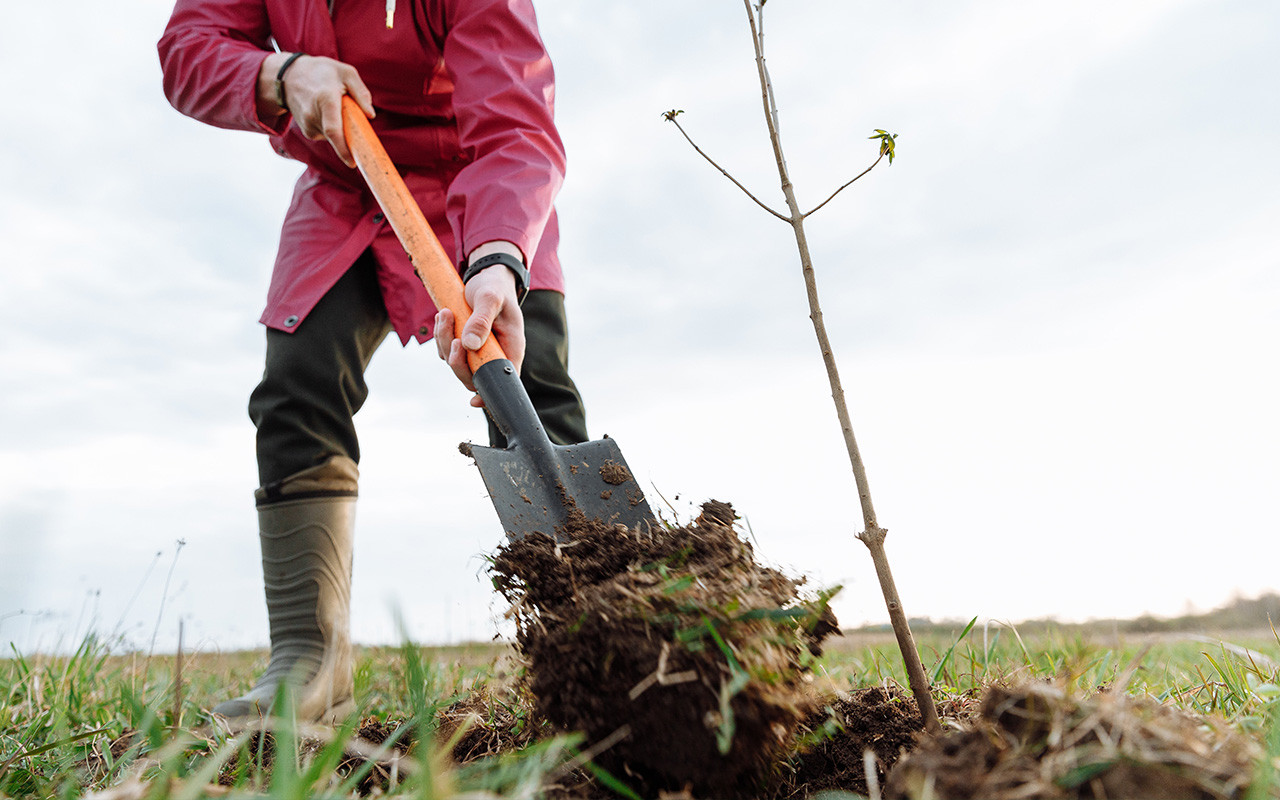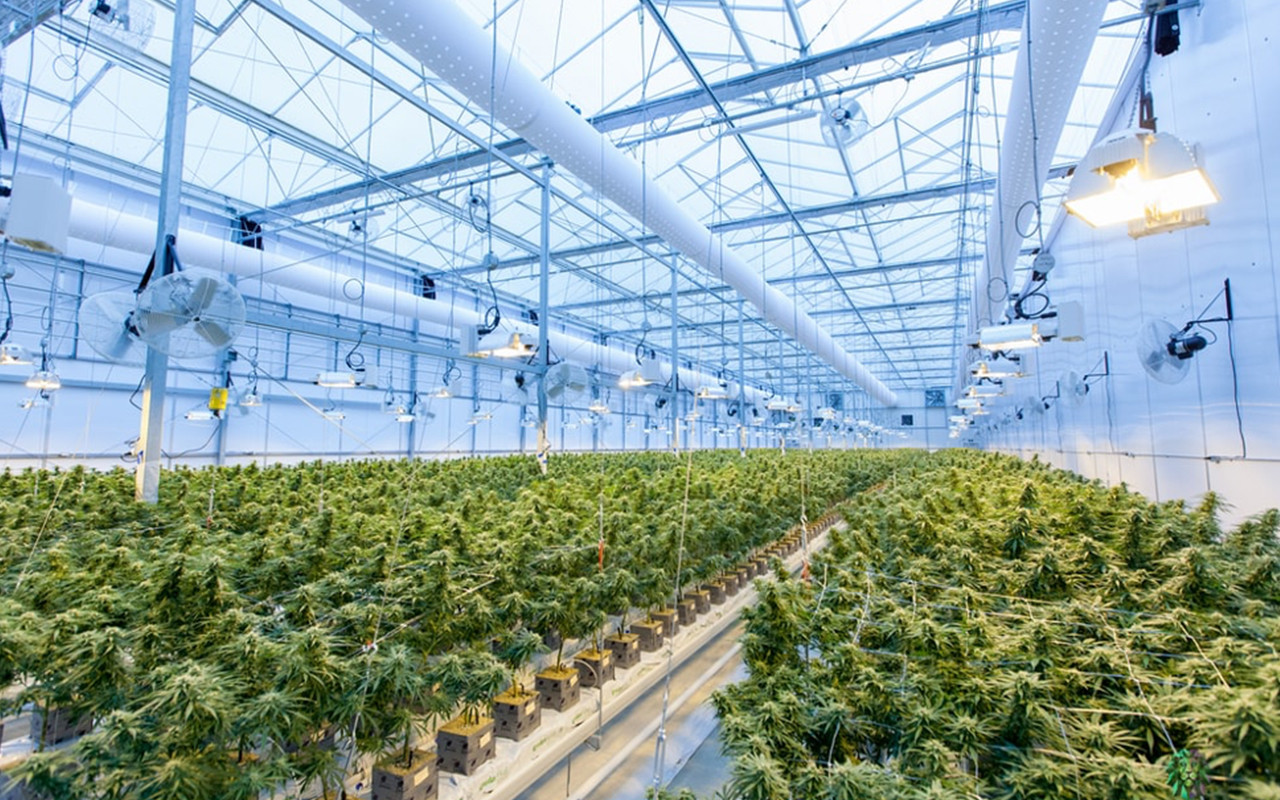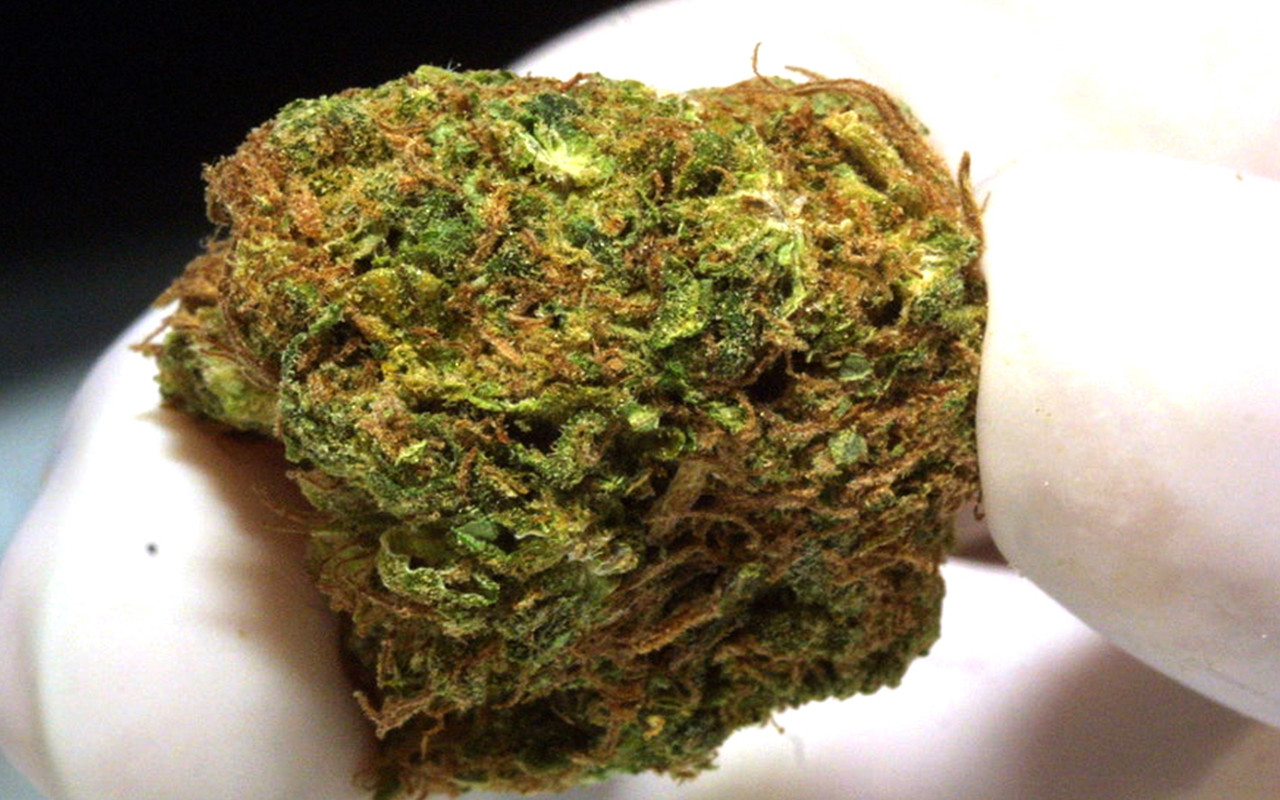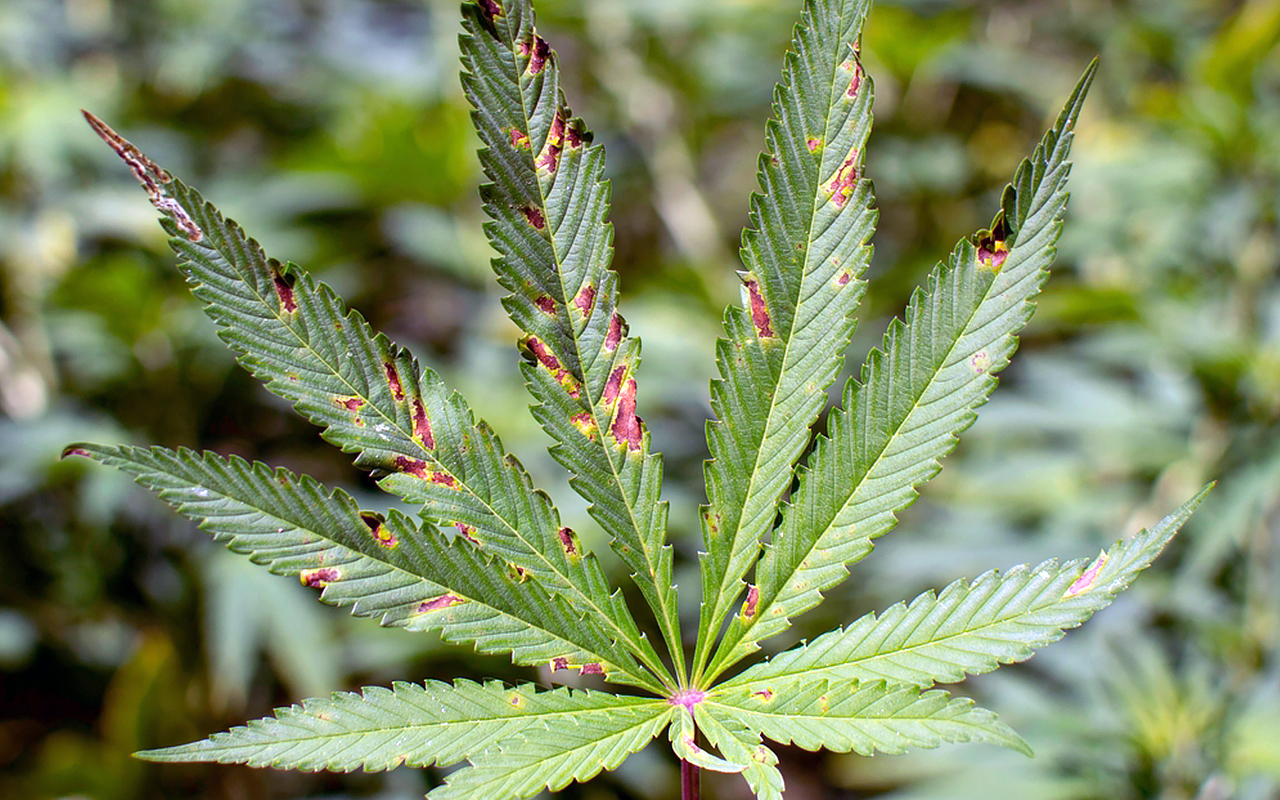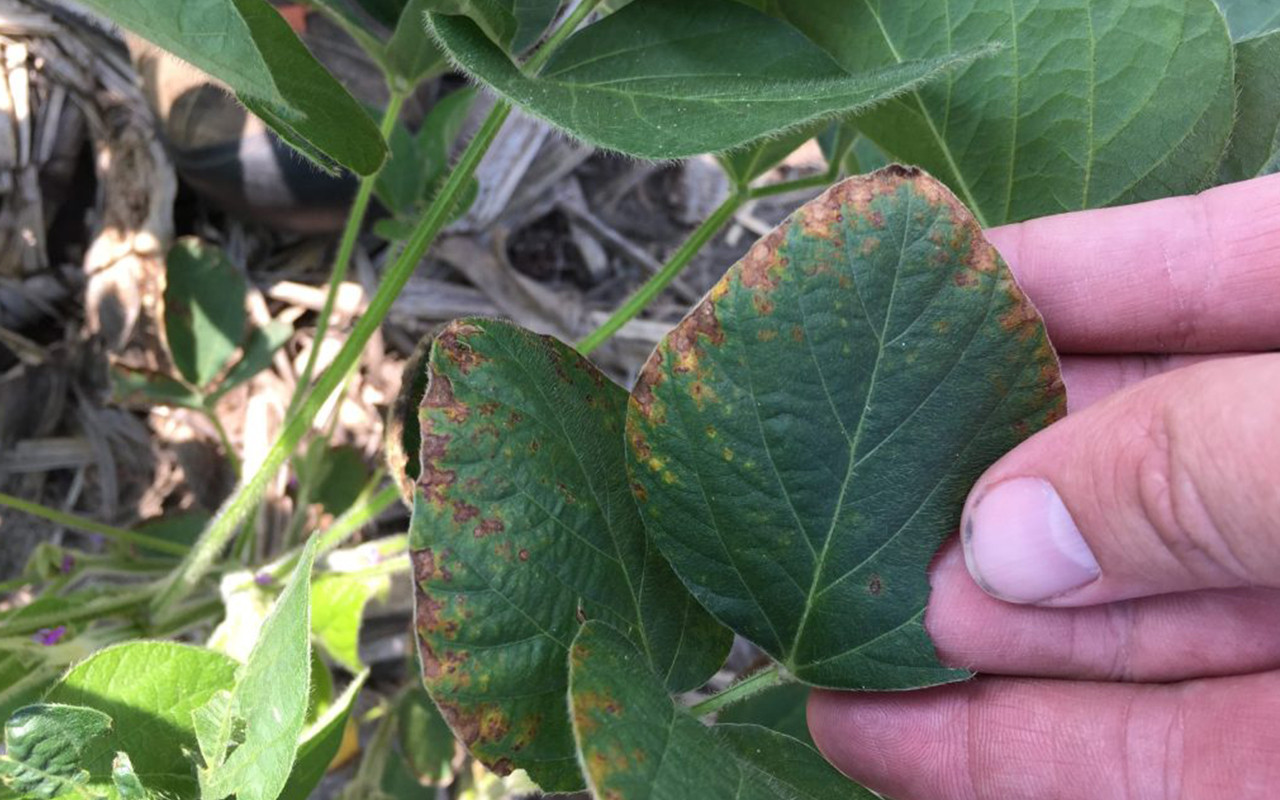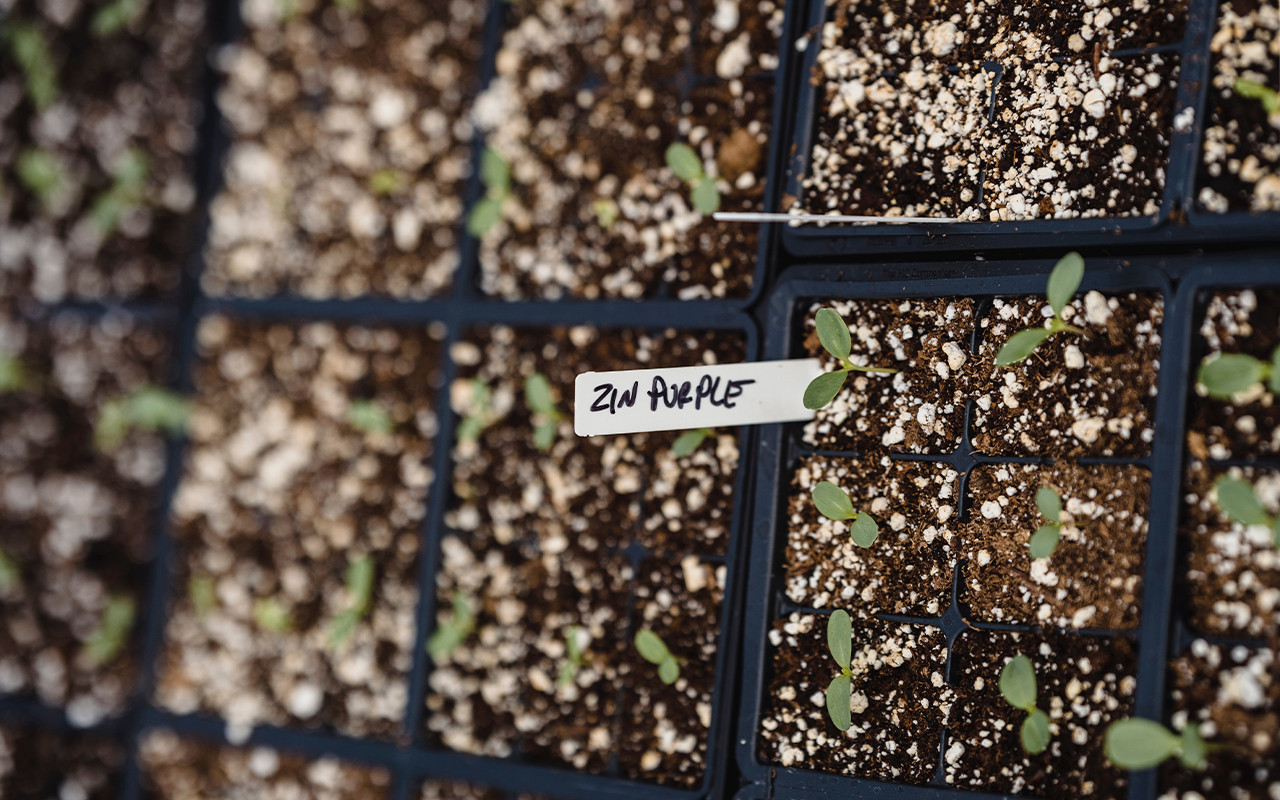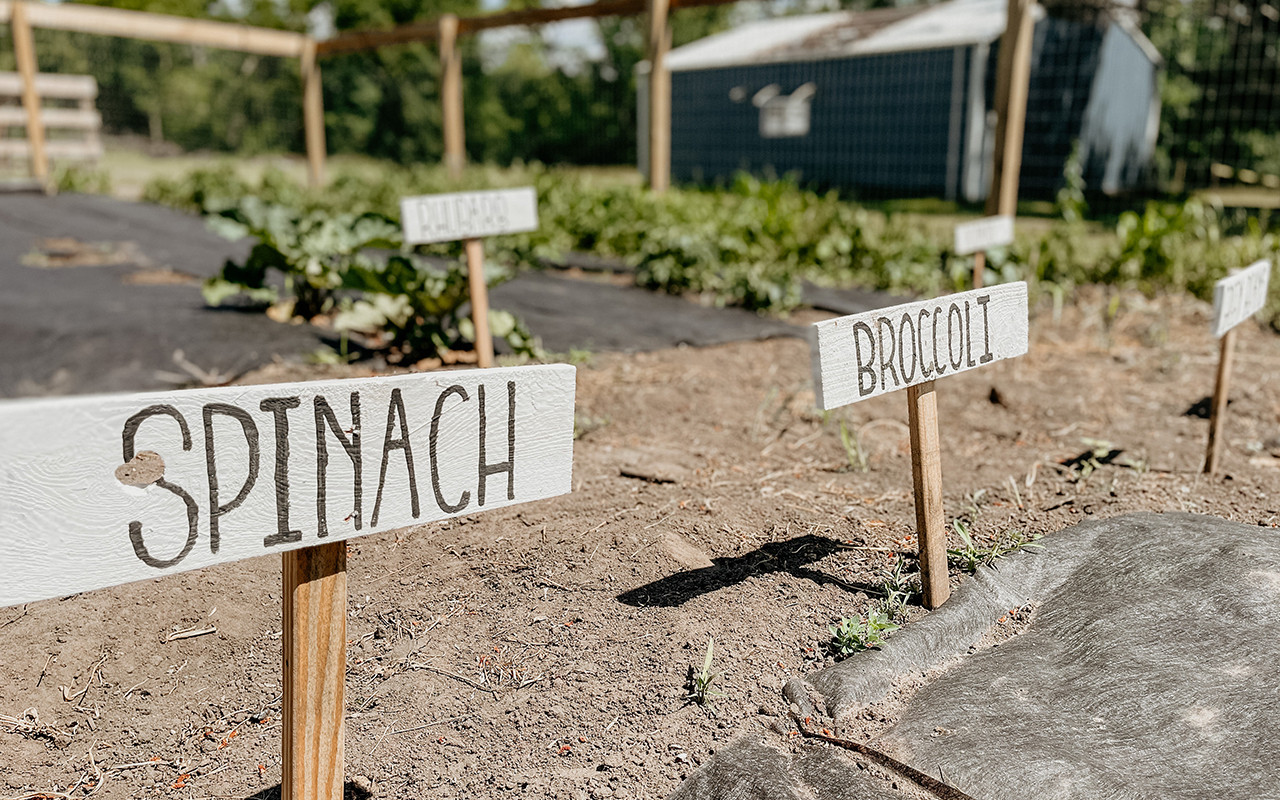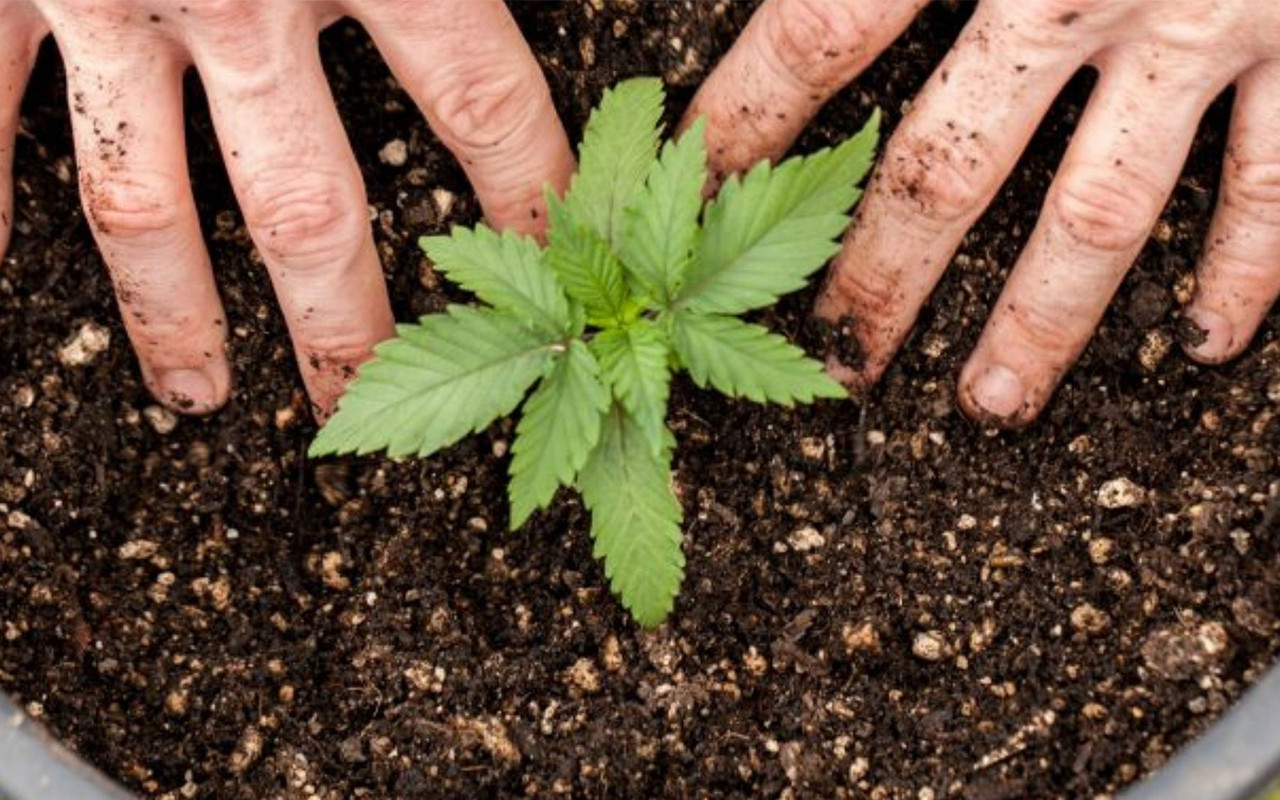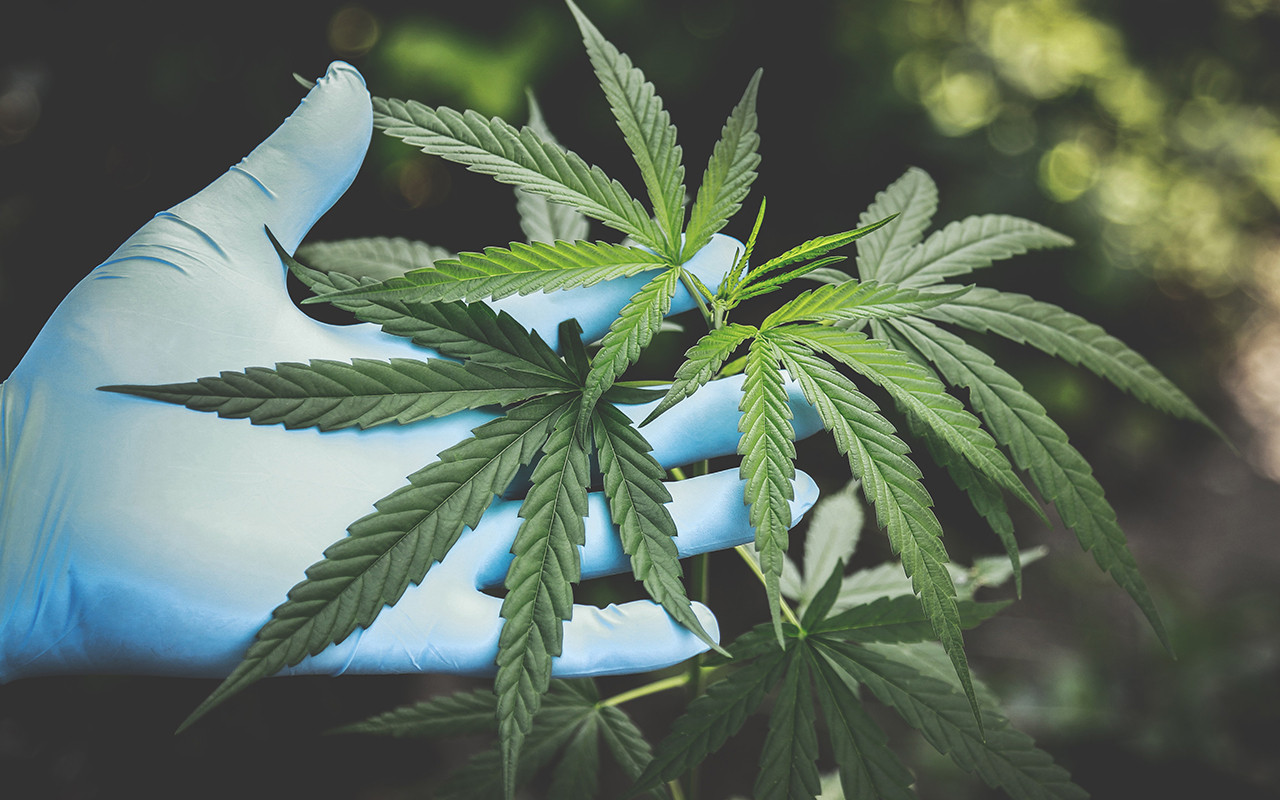Tag "fertilizers"
As hemp growers, we are always looking for ways to improve our crops. That's why when synthetic PGRs (plant growth regulators) were developed, they seemed like a dream come true. These chemicals act like hormones, promoting dense flowers and keeping plants unnaturally short and bushy. However, over time, we have learned that these synthetic PGRs are actually quite dangerous. In this blog post, we'll explore why synthetic PGRs are considered dangerous and why they are still in use.
Boron is the essential nutrient your plants need. It helps develop cell walls, transport sugar and other nutrients, and seed production. A lack of Boron can cause stunted growth, leaves that are mottled or curled, and poor seed production. Soil testing can determine whether your soil has an adequate level of Boron, and if it doesn’t, you'll need to add it in the form of a foliar spray or granular fertilizer. Boron is a micronutrient, which means that it's required by your plants in only very small amounts. It can be found naturally occurring in most soils, but if your soil tests low for Boron you'll need to add it.
There are many different types of fertilizers that are made for many different purposes, so it's important to consult your local nursery or gardening store for help. They will be able to suggest the right type of fertilizer for your needs whether it is basic plant food, organic compost, or something else!
These fertilizers are used to give your plants the nutrients they need for healthy plant growth. They are mostly made up of nitrogen, phosphorus, and potassium, which are key ingredients in any type of fertilizer. Nitrogen is needed by plants to produce proteins or "building blocks" for cells. Phosphorus helps with root development and hardiness in plants while potassium assists with water regulation in plants.
It’s a humic acid world, and we just live in it. This might sound like an overstatement, but humic acids are literally everywhere- even if you don't know what they are yet! They're found in soil, air, and water; they're produced by plants, and they help regulate the planet's ecosystem. Without humic acids (HA), our bodies would be unable to function properly: HA is essential for plant growth and development as well as human health. If you want to grow your own food or produce clean drinking water for future generations, humic acids will make sure that your efforts can pay off. That's why humic acid supplements should be part of any gardener's arsenal against disease-causing organisms.
You won’t ever find the same soil conditions everywhere. If you opt for hydroponics or aquaponics, you’ll still need to regulate the water environment for healthy crop growth. Hence, some form of fertilization is always a requirement when it comes to dispersing essential nutrients in your medium of choice. Many have debated the use of mineral and organic fertilizers for cannabis cultivation, pointing out which one is better. But it’s not that simple. One must consider other factors as well before making a choice.
Here, we revisit the classic mineral vs organic fertilizer debate, pointing out the factors you’ll need to consider that’ll help you gain the optimal yield for your cannabis crop.
All plants need fertilizer, but if you ask the hemp farming community, you’ll get a range of verdicts on whether or not it’s a requirement. It’s not binary – that is to say, you’ll either need it or not. Instead, it depends on the conditions your hemp crops grow in. Let’s explore the fertilizer requirements of the Hemp plant and rule out common misconceptions when growing it.







